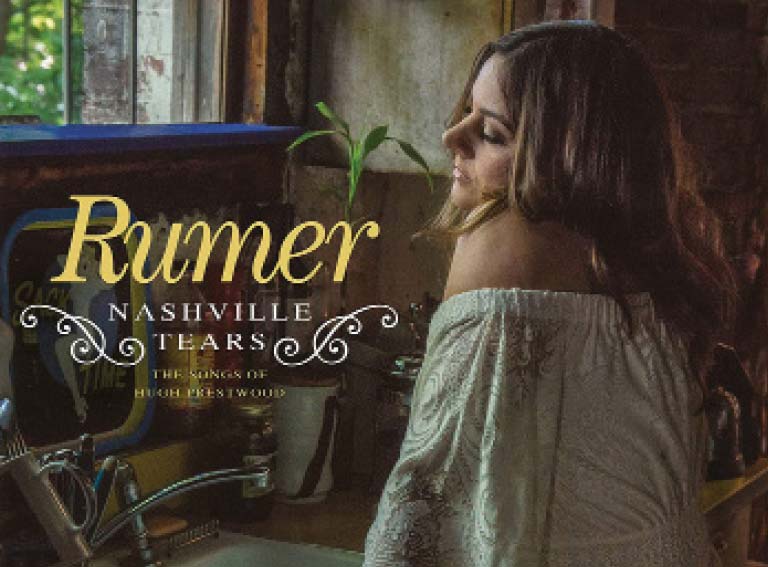
Biffy Clyro
A Celebration of Endings
Verdict: Another feather in the cap for Britain’s best rockers.
What’s the story?
It’s difficult to pinpoint the exact moment that Biffy Clyro became the best band in Britain. It may have been as early as 2007, the point at which the juddering first act of the album Puzzle heralded arrival of a new sheriff in domestic major label rock. Or maybe it was three years later, when singer Matt Cardle scored a number one hit with a highly polished version of Many Of Horror that showed, at least to those who weren’t paying attention, that the Ayrshire trio’s music is a supple and transformable creation suitable for many a varied occasion. 9th studio album A Celebration of Endings continues their journey into superstardom, and it might be their best effort yet.
Worth a listen?
A Celebration of Endings delivers on its impossible promise in ways that are towering and relentless. The rhythm section of twin brothers Ben and James Johnston – drums and bass respectively – seems telepathic. The arrangements are painstaking and inventive, even by the standards to which the musicians have long adhered. The stadium-sized melodies that rise as if from nowhere, resplendent and bejewelled with broken glass, provide proof where none is needed that no band has made a more stable home on the turbulent fault-line that divides mainstream and alternative music. Biffy Clyro have delivered an album of restless invention, substance and style that arrives like a spray of water on the arid expanse of this saddest of summers.
 ALL WE ARE
ALL WE ARE
Providence
Set to propulsive grooves and glittering guitar and synth riffs, All We Are offer up songs of seduction and romance replete with blasts of bright sonic colour to counter the world’s ills. Harking back to the R&B-infused dream pop of their first album, Providence is a similarly lush affair sung in soulful falsetto while the rhythm section drives the train forward. The entire set feels a little too stuck in its fixed gear of mid-tempo soft pop and funk, without the songs to really distinguish itself nor the dramatic peaks and valleys to make it feel like more of a journey.
 RUMER
RUMER
Nashville Tears
Rumer applies her deeply moving vocal style to the music of beloved country songwriter Hugh Prestwood. A collaboration with Canadian producer Fred Mollin, the album is a fitting addition to the singer’s catalogue, with songs that tap Prestwood’s deep well of poetic, everyday sadness. The album also harks back to the grandiose analogue studio productions of the ‘70s as Mollin frames Rumer in delicate string, pedal steel and organ arrangements,
 Gloria Estefan
Gloria Estefan
Brazil305
Driving samba and carnival rhythms meet brazenly funky horns amid call-and-response vocals and chants to carry the rhythms onto the streets. Estefan has outdone herself on Brazil305: by re-recording her hits, she illustrates the Brazil/Cuba/Africa argument, while welcoming fans along for the ride. She bridges these cultures in an inspiring, polished programme that explores new sounds and contexts, while reasserting the eminently translatable appeal and transcendent power of her own music.



